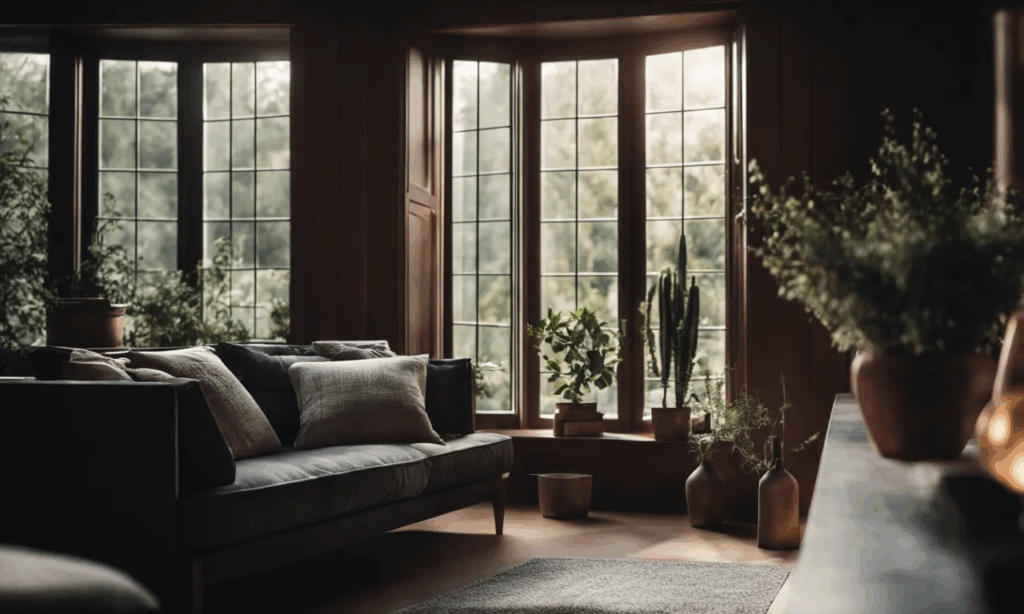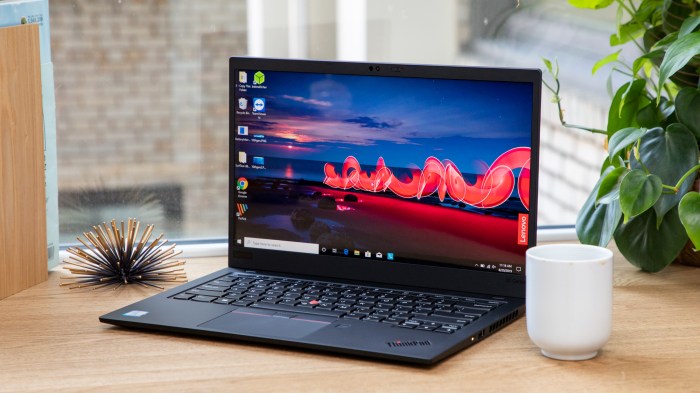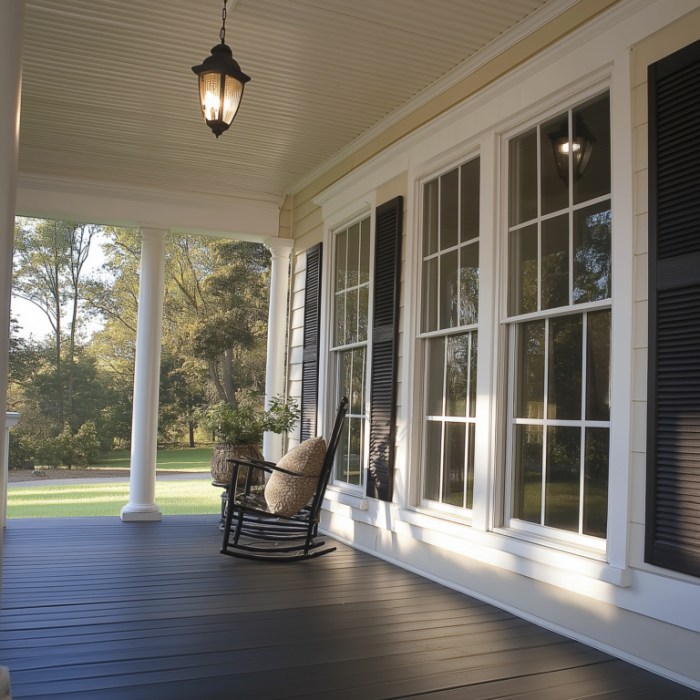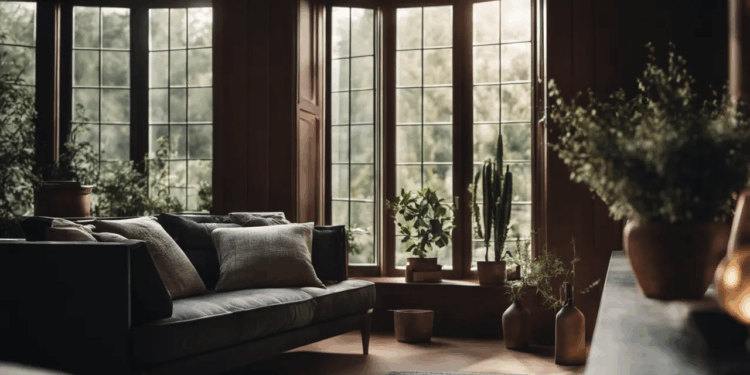
Embark on a journey through the world of windows with our comprehensive guide to the best new options available in 2025. From energy efficiency to smart technology integration, we've got you covered with all you need to know before making a purchase.
Delve into the details of window types, materials, and cost-saving tips as we navigate the landscape of window shopping for your home.
Types of Windows to Consider

When selecting windows for your home, it's important to consider the different types available in the market. Each type offers unique features and benefits that cater to specific needs and preferences. Let's explore the most common types of windows: double-hung, casement, bay, and picture windows.
Double-Hung Windows
Double-hung windows are a classic choice that feature two sashes that slide up and down within the frame. They provide excellent ventilation and are easy to clean due to their tilting design. These windows are versatile and suitable for various areas of the house, such as bedrooms and living rooms.
Casement Windows
Casement windows are hinged on one side and open outward with a crank mechanism. They offer unobstructed views and excellent ventilation. Casement windows are ideal for areas where you want to maximize airflow, such as kitchens and bathrooms.
Bay Windows
Bay windows consist of three or more windows that angle outward, creating a bay or bow shape. They add architectural interest to a room, increase natural light, and provide a cozy nook for seating or plants. Bay windows are commonly installed in living rooms and dining areas.
Picture Windows
Picture windows are large, fixed panes of glass that do not open. They offer expansive views, abundant natural light, and a sleek, modern look. Picture windows are perfect for areas where ventilation is not a priority, such as hallways and stairwells.
Energy Efficiency and Cost Savings
When it comes to choosing windows for your home, energy efficiency plays a crucial role not only in reducing your carbon footprint but also in saving money on utility bills. Energy-efficient windows are designed to prevent heat transfer, keeping your home cooler in the summer and warmer in the winter without overworking your HVAC system.
Choosing Energy-Efficient Windows
When selecting windows that offer the best energy efficiency, consider the following tips:
- Look for windows with low U-factor and high R-value, indicating better insulation properties.
- Consider double or triple-pane windows with insulating gas fills for enhanced thermal performance.
- Opt for windows with low-E coatings to reduce heat transfer and UV exposure.
- Choose windows with airtight frames and weather-stripping to prevent drafts and leaks.
Long-Term Cost Savings
Investing in energy-efficient windows may require a higher upfront cost, but the long-term savings can be substantial. Here are some ways energy-efficient windows can help you save money:
- Reduced energy consumption leads to lower utility bills over time.
- Improved insulation can prolong the lifespan of your HVAC system, reducing maintenance and repair costs.
- Energy-efficient windows may increase the resale value of your home, offering a return on your investment.
Window Materials and Durability
When it comes to choosing the right windows for your home, considering the materials used and their durability is crucial. Different window materials offer varying levels of durability, maintenance requirements, longevity, and performance. Let's explore the differences between windows made from vinyl, wood, aluminum, and fiberglass.
Vinyl Windows
Vinyl windows are known for their durability and low maintenance requirements. They are resistant to rotting, warping, and fading, making them a popular choice for many homeowners. Vinyl windows also offer excellent energy efficiency and can last for up to 20-40 years with proper care and maintenance.
Wood Windows
Wood windows provide a classic and timeless look to any home. While they require more maintenance compared to other materials, such as regular painting and sealing to prevent rotting and warping, wood windows can last for decades if properly cared for.
They offer natural insulation properties and can be repaired easily if damaged.
Aluminum Windows
Aluminum windows are lightweight, strong, and resistant to corrosion, making them a durable option for homes in coastal areas or regions with harsh weather conditions. While aluminum windows are low maintenance and long-lasting, they are not as energy-efficient as other materials and may conduct heat and cold more easily.
Fiberglass Windows
Fiberglass windows are known for their strength, durability, and low maintenance requirements. They are resistant to warping, cracking, and fading, making them a reliable choice for homeowners looking for long-lasting windows. Fiberglass windows offer excellent thermal performance and can last for 20-40 years or more.Each window material has its own set of advantages and considerations when it comes to durability, maintenance, longevity, and performance.
Consider your specific needs, budget, and climate conditions to choose the right window material for your home.
Smart Windows and Technology Integration
Smart windows technology has seen significant advancements in recent years, revolutionizing the way we interact with our windows at home. Integrating smart windows into a modern home comes with a multitude of benefits, ranging from convenience to energy efficiency. Let's explore some of the key features and advantages of smart windows.
Key Features of Smart Windows
- Dynamic Light Control: Smart windows can adjust the amount of sunlight entering a room, helping regulate temperature and reduce glare.
- Privacy Settings: Some smart windows offer the ability to switch from transparent to opaque, providing privacy at the touch of a button.
- Remote Operation: Control your smart windows from anywhere using a smartphone app, allowing you to open or close them even when you're not at home.
Benefits of Smart Windows Integration
- Energy Efficiency: By optimizing natural light and temperature control, smart windows can help reduce energy consumption and lower utility bills.
- Convenience: The ability to control your windows remotely or with voice commands adds a level of convenience to your daily routine.
- Enhanced Comfort: Smart windows can create a more comfortable living environment by regulating light and temperature based on your preferences.
Closure

As we conclude our exploration of the best new windows near you in 2025, remember that the right choice can transform not just your home's aesthetics but also its energy efficiency and overall comfort. Make an informed decision and enjoy the benefits for years to come.
FAQ Summary
What are the key factors to consider when choosing energy-efficient windows?
Key factors include the window's U-factor, solar heat gain coefficient, and visible transmittance. Look for Energy Star certified windows for optimal efficiency.
Are smart windows worth the investment in terms of energy savings?
Smart windows can help regulate indoor temperature and lighting, leading to potential energy savings over time. However, the initial investment may be higher.
Which window material offers the best combination of durability and low maintenance?
Fiberglass windows are known for their durability and require minimal upkeep compared to materials like wood or aluminum.













